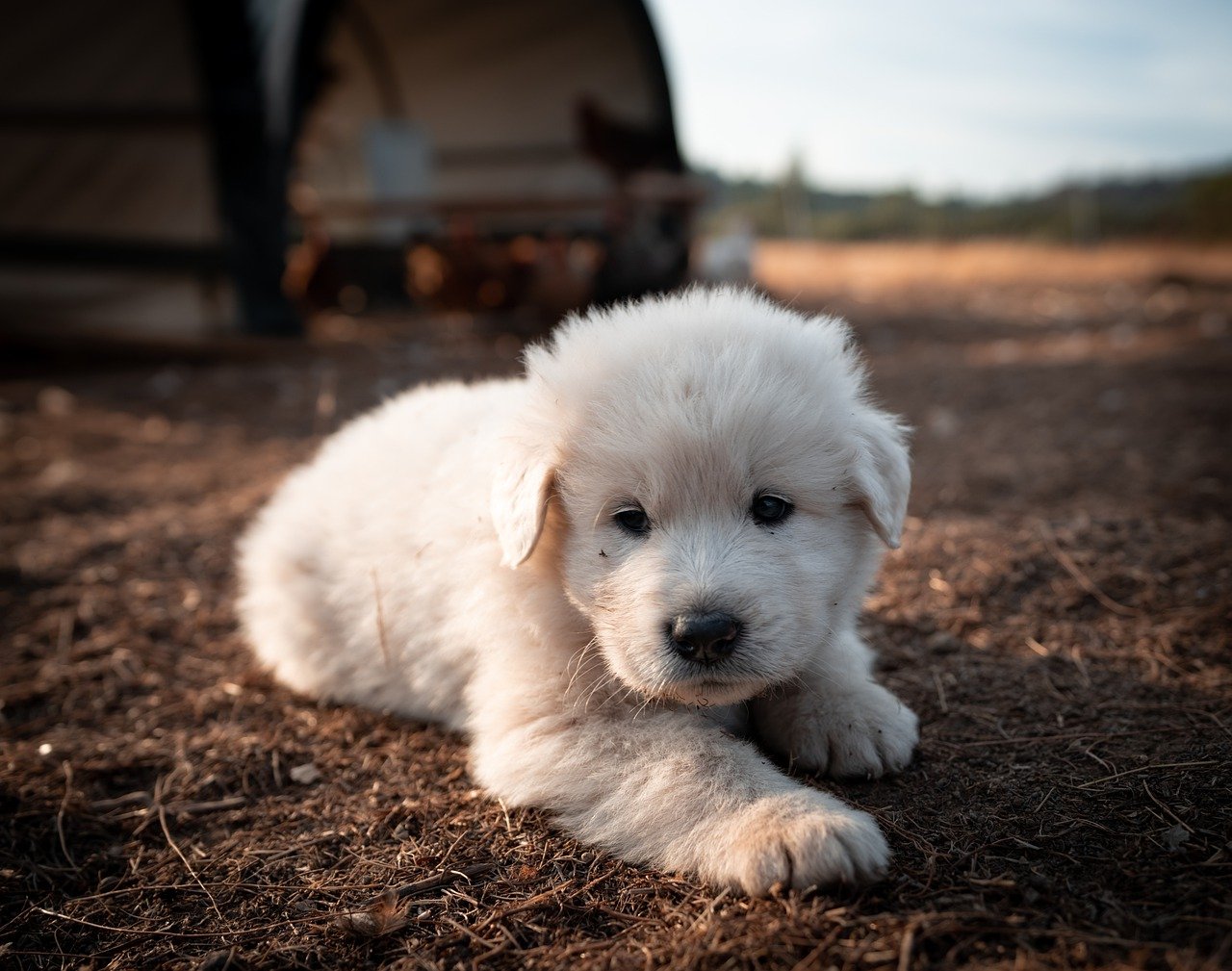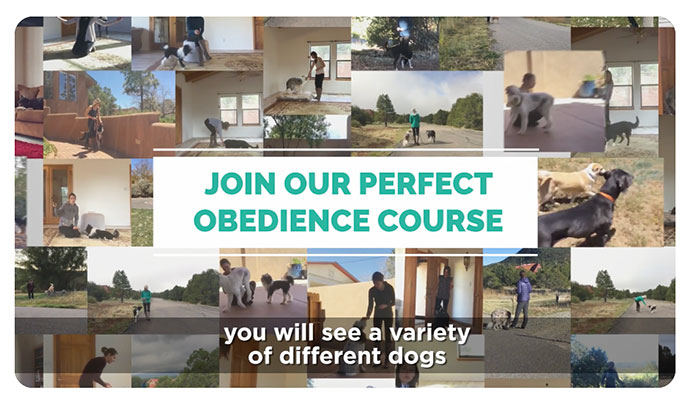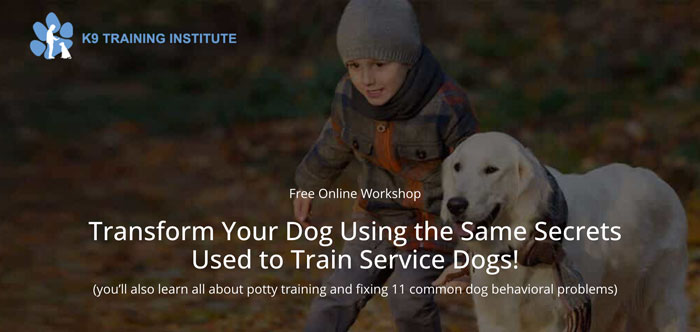Socializing your Great Pyrenees puppy is an essential part of responsible dog ownership, aimed at helping your pet grow into a well-behaved and balanced adult dog. A well-socialized Great Pyrenees will be more comfortable in different environments and situations and will be easier to train and manage.
The Right Ways to Socialize a Great Pyrenees Puppy

Below are effective ways to socialize your Great Pyrenees puppy:
1. Start Early
- The ideal time to start socializing your Great Pyrenees puppy is between 7 and 16 weeks of age. During this period, puppies are most receptive to new experiences and learning.
2. Create Positive Experiences
- Whenever you introduce your Great Pyrenees puppy to new people, animals, or environments, make the experience positive with treats and praises.
3. Gradual Exposure
- Slowly introduce your Great Pyrenees puppy to new stimuli, such as different types of people, pets, noises, and environments. The key is not to overwhelm them.
4. Frequent Short Sessions
- Conduct short but frequent socialization sessions. Long, drawn-out exposures can be exhausting and stressful for your Great Pyrenees puppy.
5. Touch Desensitization
- Get your Great Pyrenees puppy used to being handled by touching their paws, ears, and mouth gently. This will make future grooming and vet visits much easier.
6. Controlled Animal Interactions
- Introduce your Great Pyrenees puppy to well-behaved adult dogs who can teach them proper dog etiquette. Always supervise these interactions to prevent any aggressive behavior.
7. Variety is Key
- Expose your Great Pyrenees puppy to a variety of stimuli, including different surfaces to walk on, various sounds, and multiple environments. This broadens their comfort zone.
8. Leash Training
- Teach your Great Pyrenees puppy to walk comfortably on a leash. This is essential for safely exposing them to different environments.
9. Encourage Independence
- Allow your Great Pyrenees puppy to explore new environments at their own pace but within safe boundaries. Do not force interactions if they seem uncomfortable.
10. Obedience Commands
- Incorporate basic obedience commands like “sit,” “stay,” and “come” during socialization sessions. This helps in better controlling your puppy in various situations.
11. Safe Car Rides
- Take your Great Pyrenees puppy for car rides to get them used to traveling. Make sure they are safely restrained either in a crate or with a dog seatbelt.
12. Controlled Exposure to Children
- Introduce your Great Pyrenees puppy to children in a controlled manner. Teach children how to properly approach and handle the puppy to ensure a positive interaction for both parties.
13. Introduce Household Objects
- Expose your Great Pyrenees puppy to various household items like vacuum cleaners and washing machines, so they are not scared or anxious around them later on.
14. Keep a Socialization Log
- Maintain a log of all the new experiences and environments you expose your Great Pyrenees puppy to. This helps you identify gaps in their socialization process and plan accordingly.
15. Puppy Obedience Training Programs
- As a last but essential step, enroll your Great Pyrenees puppy in a comprehensive puppy obedience training program. I recommend SpiritDog’s Ultimate Puppy Training Program or K9 Training Institute’s Dog Masterclass, which covers a wide range of training topics and offers expert guidance for socializing your pup.
The Wrong Ways to Socialize a Great Pyrenees Puppy

While socialization is crucial for a Great Pyrenees puppy’s healthy development, incorrect approaches can backfire, leading to behavioral issues in the long run. Below are some common mistakes to avoid while socializing your Great Pyrenees puppy.
1. Delaying Socialization
- Waiting until the Great Pyrenees puppy is several months old to begin socialization can be detrimental. The ideal window for socialization starts at 7 weeks and begins to close around 16 weeks.
2. Overwhelming the Puppy
- Introducing too many new stimuli at once can overwhelm your Great Pyrenees puppy, leading to anxiety or fear-based behaviors.
3. Using Negative Reinforcement
- Using scolding or physical punishment as a means to control behavior during socialization can result in a fearful or aggressive Great Pyrenees.
4. Forcing Interactions
- Forcing your Great Pyrenees puppy into uncomfortable situations—like insisting they greet another dog or person when they are clearly scared—can create negative associations.
5. No Supervision During Animal Interactions
- Allowing your Great Pyrenees puppy to interact with other animals without supervision can be risky, especially if the other animal is not well-behaved.
6. Lack of Variety
- Exposing your Great Pyrenees puppy only to familiar people and environments will not provide a broad enough range of social experiences.
7. Ignoring Stress Signals
- Failing to recognize and respond to your Great Pyrenees puppy’s stress signals, such as whining or cowering, can result in a negative socialization experience.
8. Inconsistent Training
- Mixing socialization techniques or constantly changing the rules can confuse your Great Pyrenees puppy, making it harder for them to understand what is expected of them.
9. Avoiding Everyday Objects and Sounds
- Shielding your Great Pyrenees puppy from everyday objects like vacuum cleaners, or sounds like traffic, can lead to anxiety or phobias later in life.
10. Poor Timing
- Attempting to socialize your Great Pyrenees puppy when they are tired, hungry, or irritable can result in an unsuccessful, stressful experience.
11. Over-Crowded Places
- Taking a young Great Pyrenees puppy into overly crowded or noisy environments can be a recipe for stress and fear.
12. No Human Socialization
- Focusing only on animal-to-animal interactions and ignoring the need for your Great Pyrenees puppy to get used to different types of people is a missed opportunity for rounded socialization.
13. Using the Dog Park as a Primary Socialization Venue
- While dog parks can offer socialization opportunities, they can also expose your Great Pyrenees puppy to uncontrolled environments and potentially aggressive dogs.
14. Unstructured Socialization
- A lack of planning and structure can lead to gaps in your Great Pyrenees puppy’s social education, making it difficult to identify what experiences they may be lacking.
15. Skipping Professional Training
- Believing that socialization alone is sufficient and ignoring the need for a structured training program is a common mistake. For balanced development, it’s recommended to enroll in a comprehensive training program alongside socialization.
Consider Online Dog Training for Your Great Pyrenees Puppy
Our 2 favorite online courses are:
1. SpiritDog’s “Perfect Obedience” Course
The Perfect Dog Obedience Bundle is an online dog training program designed to help dog owners achieve well-behaved pets. The comprehensive course covers basic obedience, and loose leash walking, and includes bonus mini-courses on training habits and rewards, stopping jumping, and separation anxiety solutions. With lifetime access to expert trainers for personalized feedback and a 60-day money-back guarantee, this course aims to provide effective, accessible training for a variety of dog behavior issues.
2. K9 Training Institute’s “Dog Masterclass”
More than just an obedience course, this more comprehensive training course tackles any behavior problem you might face with your dog.
Avoiding these common mistakes can go a long way in ensuring that your Great Pyrenees puppy grows up to be a well-adjusted adult dog. It’s not just about exposing your pup to new experiences but doing so in a controlled, positive, and effective manner. Remember, the goal is to prepare them for the world in a way that makes future outings and experiences enjoyable and stress-free for both of you.


 Toledo, United States.
Toledo, United States.